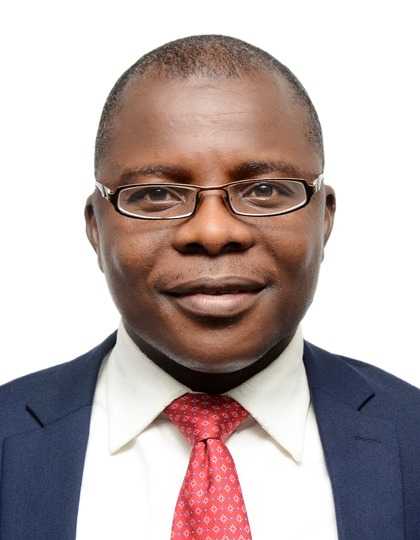Table of Contents
Facility management is rapidly evolving in Nigeria, with more companies recognizing the need to employ facility managers. If you’re someone eager to grow in this career, you’re in the right place.
Let’s get straight to it.
A facility manager is a professional tasked with ensuring that buildings and their services run smoothly. They handle everything from maintenance and repairs to safety and space planning, ensuring that the environment is safe, functional, and aligned with the organization’s needs. To fully understand this role, you can see our article on the ‘Importance of a Facility Manager.’
To succeed as a facility manager, there are specific qualifications you need, along with essential personal skills.
What Qualification Does a Facility Manager Need?
While specific requirements may vary depending on the employer and the complexity of the facilities the facility manager would handle, here are the typical qualifications for facility managers:
- A Degree:
While this might not be a compulsory requirement, most organisations prefer candidates with a bachelor’s degree in facility management, business administration, engineering, or a related field. Coursework in facility management, building systems, project management, and business administration can prove to be valuable skills for the role.
- Experience:
Nothing can substitute experience. Facility managers with relevant work experience in facility management or a related field are often prioritised. However, Entry-level positions such as facility coordinator or assistant facility manager can provide you valuable experience and opportunities for advancement, if you’re new to the field. People with experience in project management, property management, construction, or building maintenance may also be considered.
- Certifications:
Again, this is not always required, but professional certifications in facility management can demonstrate proficiency in the field. Certifications such as the Certified Facility Manager (CFM) offered by the International Facility Management Association (IFMA) or the Facility Management Professional (FMP) certification can enhance credibility.
- Technical Skills:
Facility managers should have a strong understanding of building systems and infrastructure, including HVAC, electrical, plumbing, and fire protection systems. Facility managers should also be proficient in handling facility management software and other technology tools used for asset management, work order management, and space planning.
- Soft Skills:
A facility manager’s role is a crucial one and as such, soft skills are necessary. Effective communication, leadership, and interpersonal skills are essential for a facility manager to effectively interact with staff, tenants, contractors, and other stakeholders. Problem-solving, decision-making, and organisational skills are also important for managing complex facilities and resolving operational challenges that may occur.
- Industry Knowledge:
Facility managers should always stay updated on industry trends, best practices, and regulations related to facility management. This includes knowledge of building codes, safety regulations, environmental sustainability practices, and emerging technologies in facility management.

Personality traits you must possess as a Facility Manager.
- Attention to Detail: You need to be meticulous in monitoring and maintaining various aspects of a building, ensuring nothing is overlooked.
- Problem-Solving Skills: You must possess the ability to solve problems almost as soon as they arise.
- Strong Communication: Clear and effective communication with team members, vendors, and other stakeholders is essential for smooth operations. You must have good communication skills in order to relate effectively with stakeholders, or team members.
- Leadership: Facility managers must possess the ability to lead teams, delegate tasks, and inspire others to work towards common goals.
- Organizational Skills: You need to have the ability to multitask, manage schedules, and responsibilities.
- Adaptability: The ability to adapt to changing circumstances, such as new technologies or unexpected issues, is key in a dynamic environment.
- Proactive Mindset: You must be proactive and learn to think ahead to take precautionary steps even before problems arise.
- Resilience: The job can be demanding, so resilience helps in managing stress and maintaining performance under pressure.
- Ethical Judgment: Making fair, responsible decisions and maintaining integrity in all actions is vital in managing a facility.
Overall, facility managers need a combination of education, experience, technical skills, and soft skills. Continuous learning and professional development are also important for staying current and updated as the facility management field is a dynamic one.
Most importantly, as a facility manager, you must be willing to adapt to new technologies. This means embracing better ways to manage your duties, such as using Facility Management Software like Instanta.
With Instanta, you can automate facility management activities, such as tracking and scheduling maintenance, and access detailed reports and analytics that provide insights into your facility’s performance. This helps you make informed decisions that improve operations and reduce costs.





















